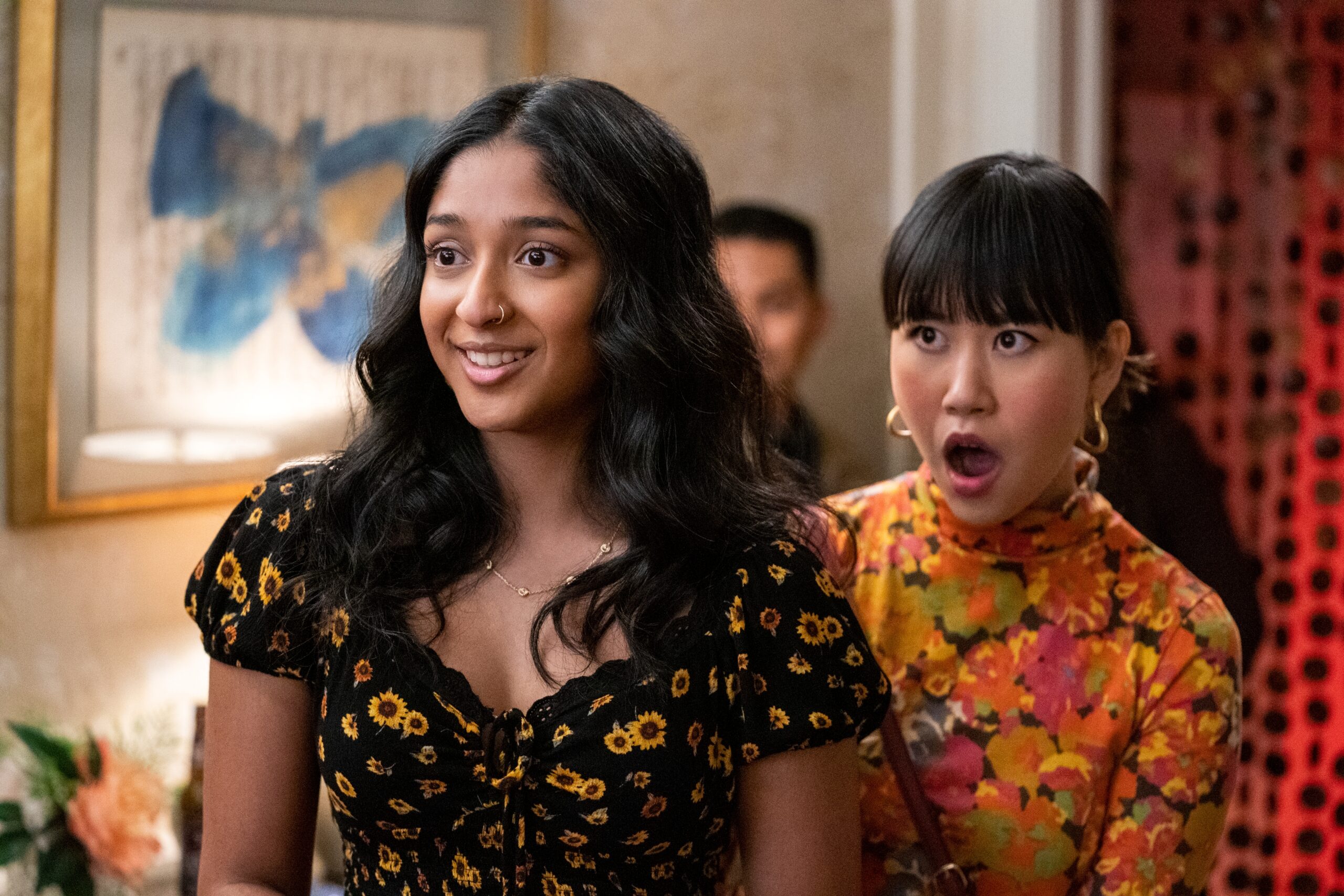Hollywood is always evolving, but there is still a lot of work to do. The numbers don’t lie—and neither do the experiences behind them. A new report from the Geena Davis Institute (GDI), in partnership with CAPE (Coalition of Asian Pacifics in Entertainment) and the IW Group, paints a detailed picture of where the entertainment industry stands when it comes to representing Asian and Pacific Islander (API) communities on screen and behind the scenes. Spoiler alert: things are looking better than they were a few years ago—but there’s still plenty of work to be done.
Hollywood’s Progress On Screen – But It’s Complicated
The study, titled Rewriting the Script: A New Era for API Voices in Hollywood, tracks top-grossing films from 2010 to 2024 and shows that API representation has grown modestly. From leads to background characters, API visibility is inching upward: API characters made up 7.4% of all characters across 150 blockbuster films. Notably, more films now feature at least one API character, and those characters are more likely to be women, LGBTQIA+, and younger compared to their white counterparts.
Still, the numbers show that leads are lagging—only 5.1% of lead or co-lead roles featured an API character during this 15-year span. And when it comes to ethnic diversity within the API umbrella, the vast majority of those characters were East Asian (67.7%), with South Asian, Native Hawaiian/Pacific Islander, and Southeast Asian characters still underrepresented.
Behind the Scenes of Hollywood: Some Bright Spots, Some Gaps
On the industry side, there’s reason for cautious optimism. In 2025, 62% of API entertainment professionals said they feel their voices are valued at work, a meaningful jump from 44% back in 2021. Reports of microaggressions are also on the decline—though still alarmingly high at 72%. And fewer people say they feel tokenized or like the only API person in the room.
But there’s a clear message from those surveyed: representation isn’t just about faces on screen. Behind-the-scenes inclusion—especially in writing, directing, producing, and executive roles—is just as critical. While 87.2% of API professionals say leadership representation is important to them, only 43.9% believe the industry values it the same way.
The Stories That Are Resonating
Survey respondents shared the projects that have inspired them, and the list is filled with both breakout hits and cultural staples: “Everything Everywhere All at Once”, “Beef”, “Pen15”, “Moana”, “Deli Boys“, “Never Have I Ever”, “Star Trek”, and “Mulan”, to name a few.
These stories go beyond stereotypes, showcasing API characters with depth, humor, struggle, and power—something respondents want to see much more of. When asked what needs to change, one word came up again and again: more. More authenticity, more variety, more nuance, more opportunity.
“Representation matters, both for how communities see themselves, and for how the world sees them,” Davis said. “This new research is a powerful reminder that progress is possible when we prioritize authenticity.”
Sugihara added, “In these challenging times facing the entertainment industry, this research provides both a snapshot in time and an encouraging bellwether of progress.”
The full report is available at GeenaDavisInstitute.org.

